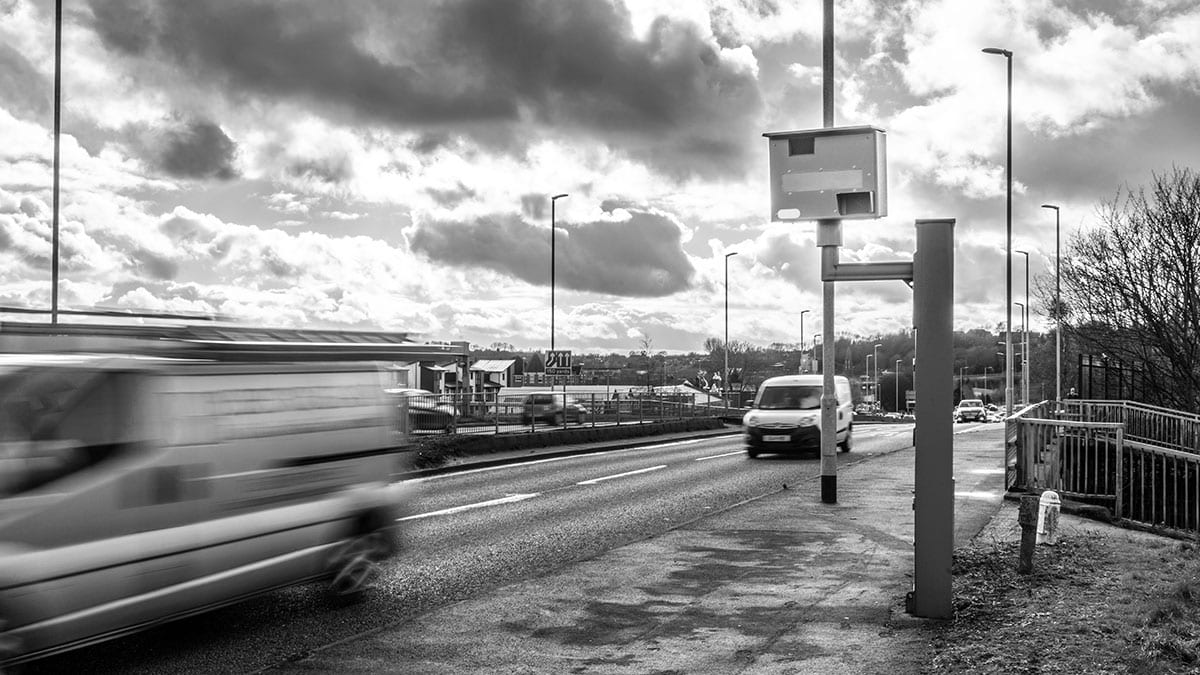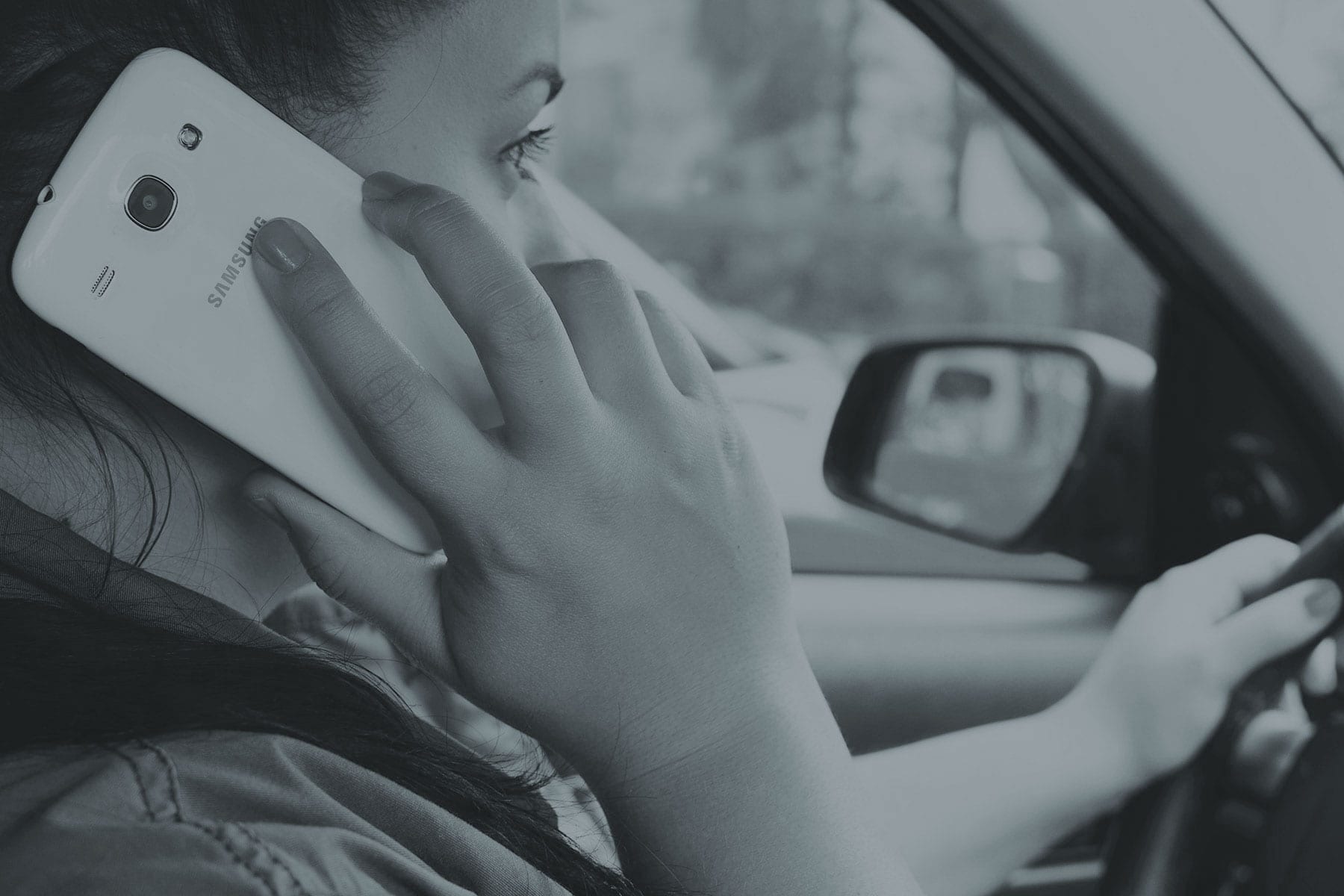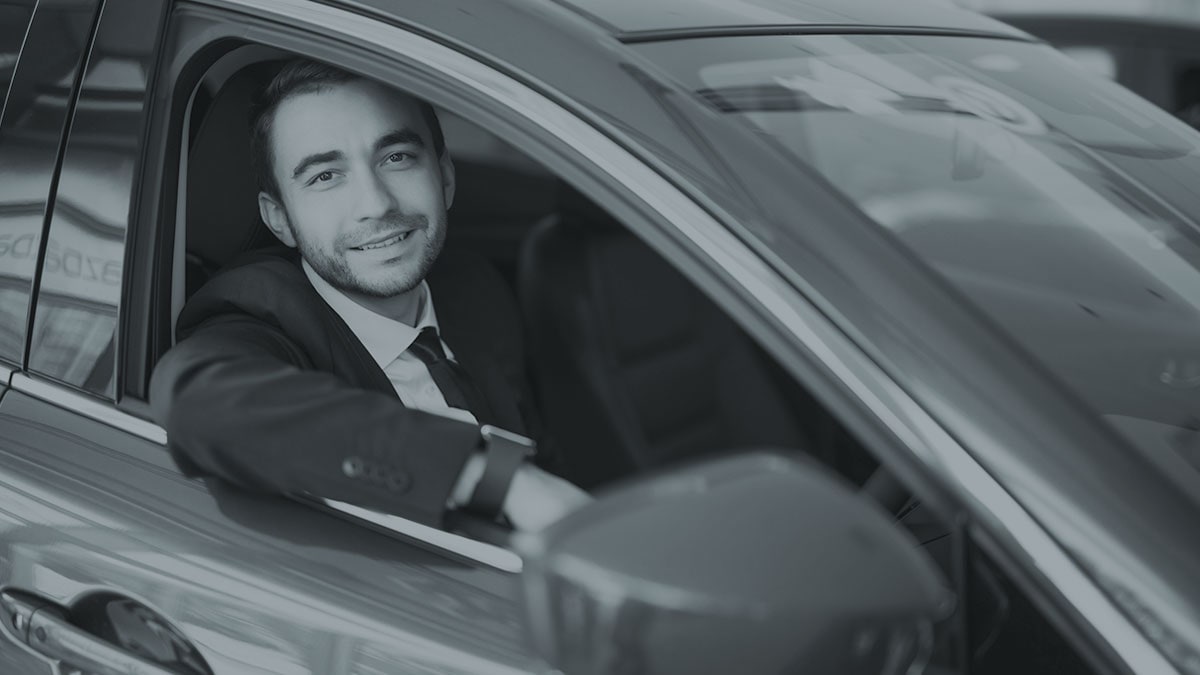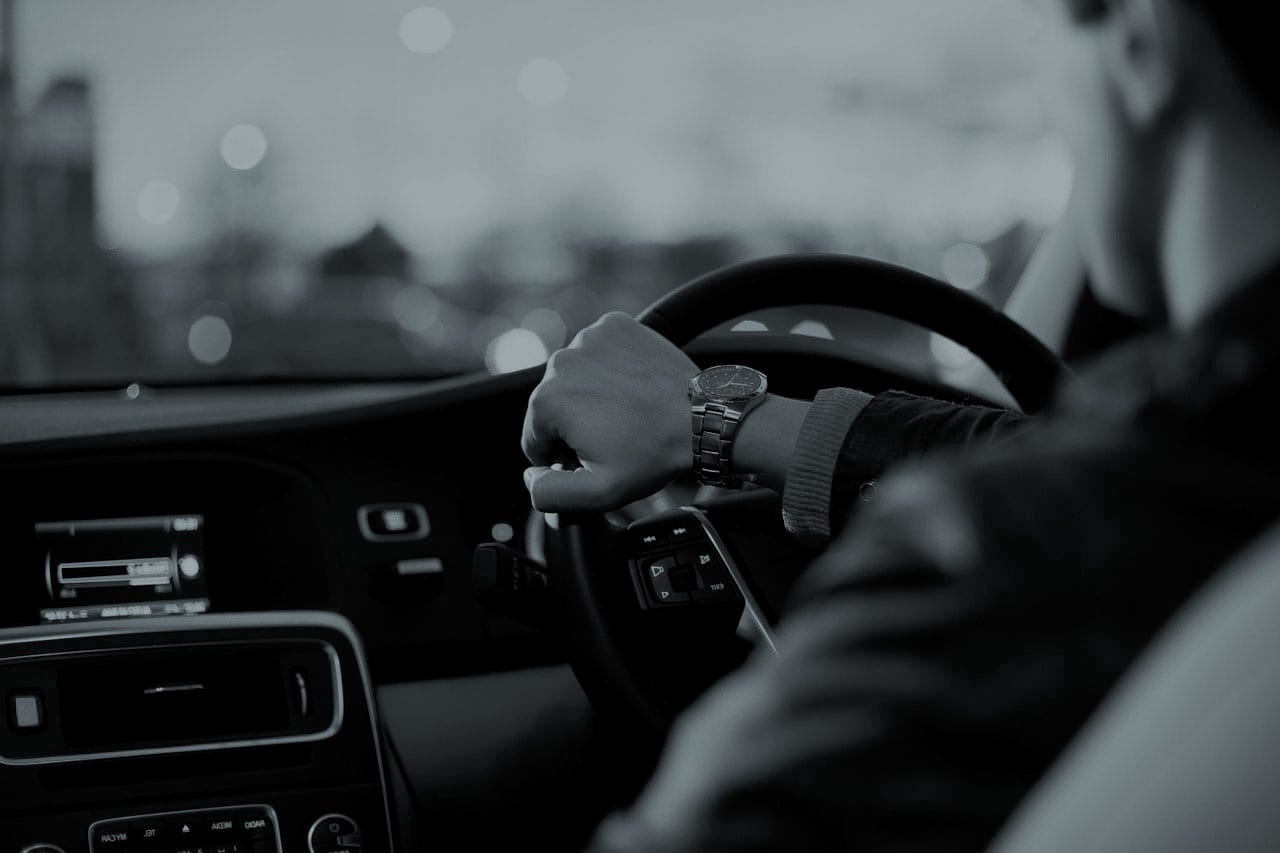Road traffic offences that result in death are extremely serious and if convicted, defendants can face very harsh penalties. If you are accused of causing death by dangerous driving, seek representation immediately.
The support of an experienced legal team can make all the difference in cases like this, where the consequences of conviction could be life changing. Our solicitors are amongst the most experienced in the UK and our lawyers are passionate about protecting our clients legal rights and, ultimately, their freedom.
Call us today for a free consultation about your case. 03330 096 275.
Understanding the law
If you are convicted of causing death by dangerous driving, you might face up to 14 years in prison, alongside mandatory driving disqualifications, unlimited fines and extended driving retests.
Factors like remorse, a previous good driving record, or having offered assistance to victims at the scene of the offence, can all provide mitigation against harsher sentences. Factors such as prolonged periods of poor driving, speeding (especially whilst driving an HGV, carrying passengers or driving in bad weather), driving under the influence of drugs or alcohol, driving whilst tired, knowingly driving a poorly maintained vehicle or whilst using a mobile phone can all make the charges more serious. The seriousness of the charge can also be increased if the offence was committed whilst on licence or bail, if the victim is considered to be a vulnerable road user, or if the offender fled the scene of the offence or has previous convictions.
The seriousness of a charge of causing death by dangerous driving charge is divided into three levels.
Level one offences
Level one offences are the most serious. These offences involve deliberate disregard for the rules of the road and disregard for the harm that may be caused by driving below the standard of a competent driver. Level one offences are likely to involve a prolonged course of deliberate bad driving, the consumption of significant quantities of alcohol or drugs, or the presence of a large number of other aggravating factors. Convictions for level one offences may incur between 8-14 year terms of imprisonment.
Level two offences
Level two offences involve the offender taking actions that create a substantial risk of danger. This might involve excessive speeding or racing with other drivers, driving under the influence of drugs or alcohol, or the presence of a number of other aggravating factors. Convictions for a level two offence are likely to incur 4 – 7 year terms of imprisonment.
Level 3 Offences
Level three offences are those which involve a significant risk of danger. This might include things like driving above the speed limit in bad weather, driving whilst tired or driving a poorly maintained vehicle or driving whilst distracted. These types of offence are likely to incur a penalty of 2 -5 years’ imprisonment.
Defending charges of causing death by dangerous driving
Defending cases of causing death by dangerous driving include a forensic approach to examining the evidence.
Our expert motoring lawyers will leave no stone unturned in constructing your defence. Areas we will consider with you include:
- Challenging bad science. If your charge includes drink or drug driving, we will ensure the results of any breath, blood or urine samples that are used as evidence against you are accurate. If they aren’t we will not allow them to be used as part of a prosecution case.
- Challenging police process. Police have to follow strict guidelines in how they deal with suspects or offenders, for example, reading you your rights when you are arrested or completing the proper paperwork in dealing with specimens. We will examine all the records of your case and highlight any failings in police process, as this could mean your legal rights have been infringed. Similarly, prosecutors must disclose all the evidence they have against you to allow you fair opportunity to put forward a defence. Disclosure failures can often render a prosecution case unlawful.
- Examining the evidence. We will look at all the evidence against you to determine if the prosecution has sufficient evidence to prove you are guilty of an offence. In addition to looking at the scientific evidence, we will also examine the accuracy of witness statements, police records and the data provided by technology like speed cameras.
- Checking the charges. Often the authorities do not have sufficient evidence to prove the crime they have charged. We will make sure police don’t charge without proper evidence, and that they don’t over charge. We often succeed in helping clients reduce their charges to lesser offences.



